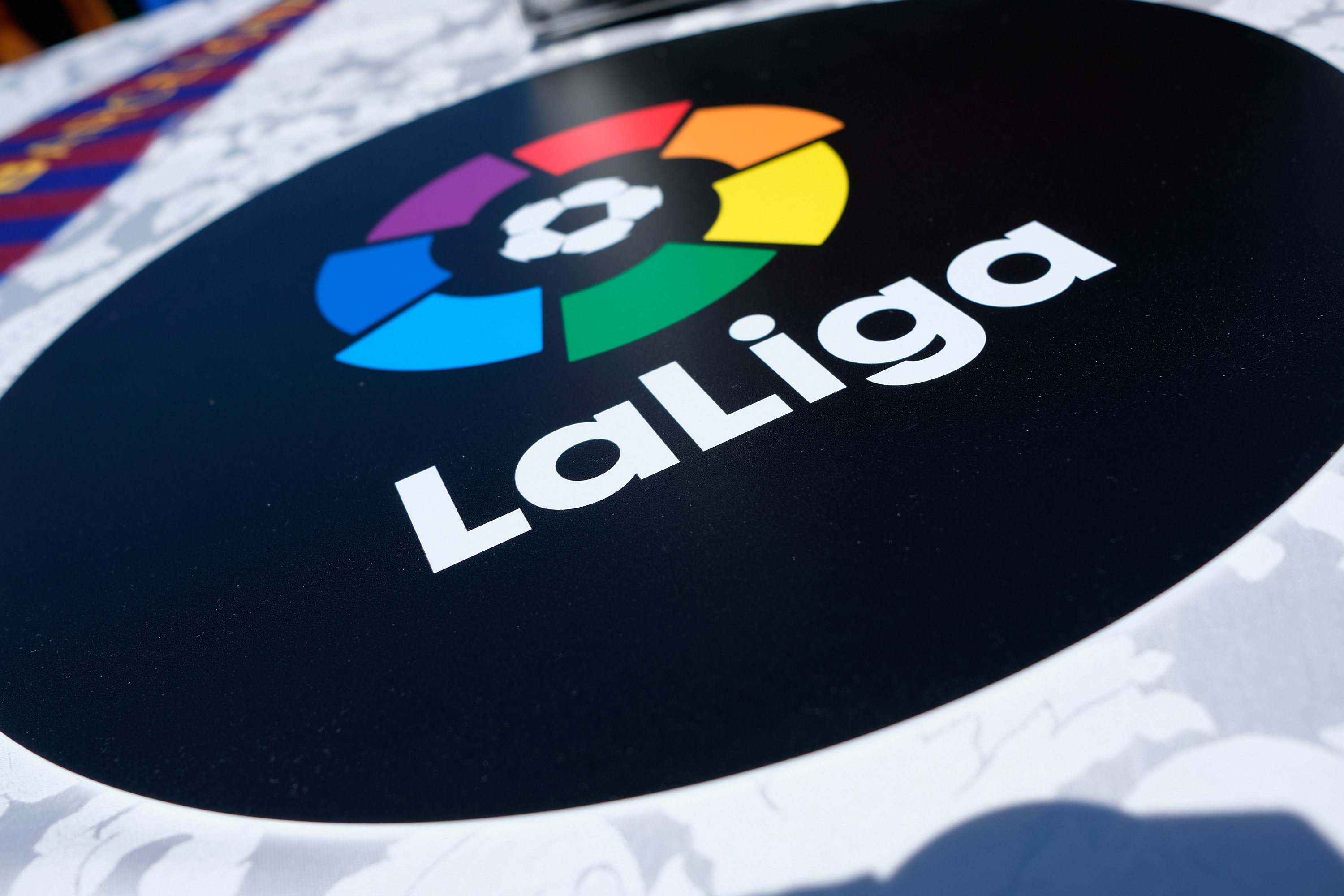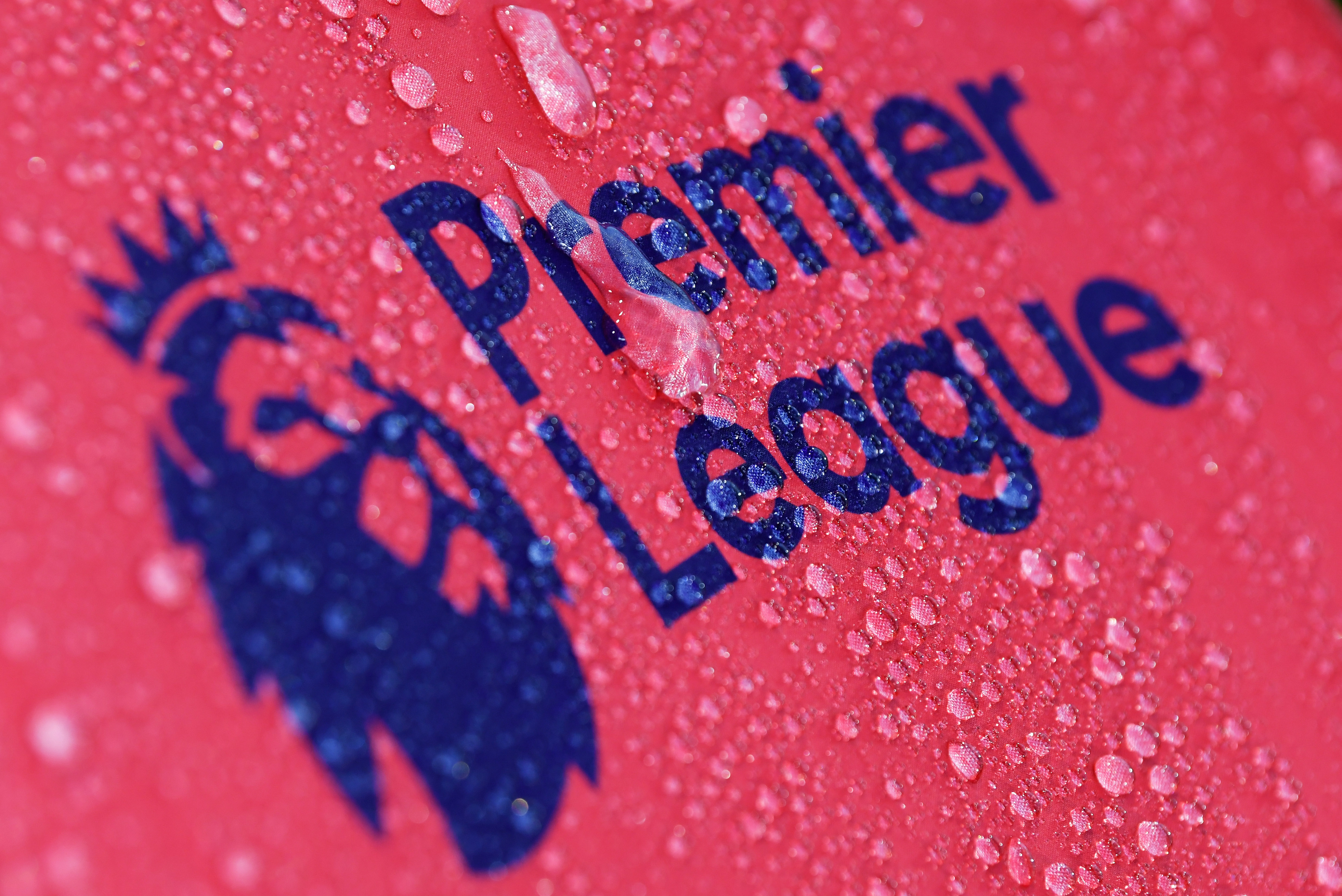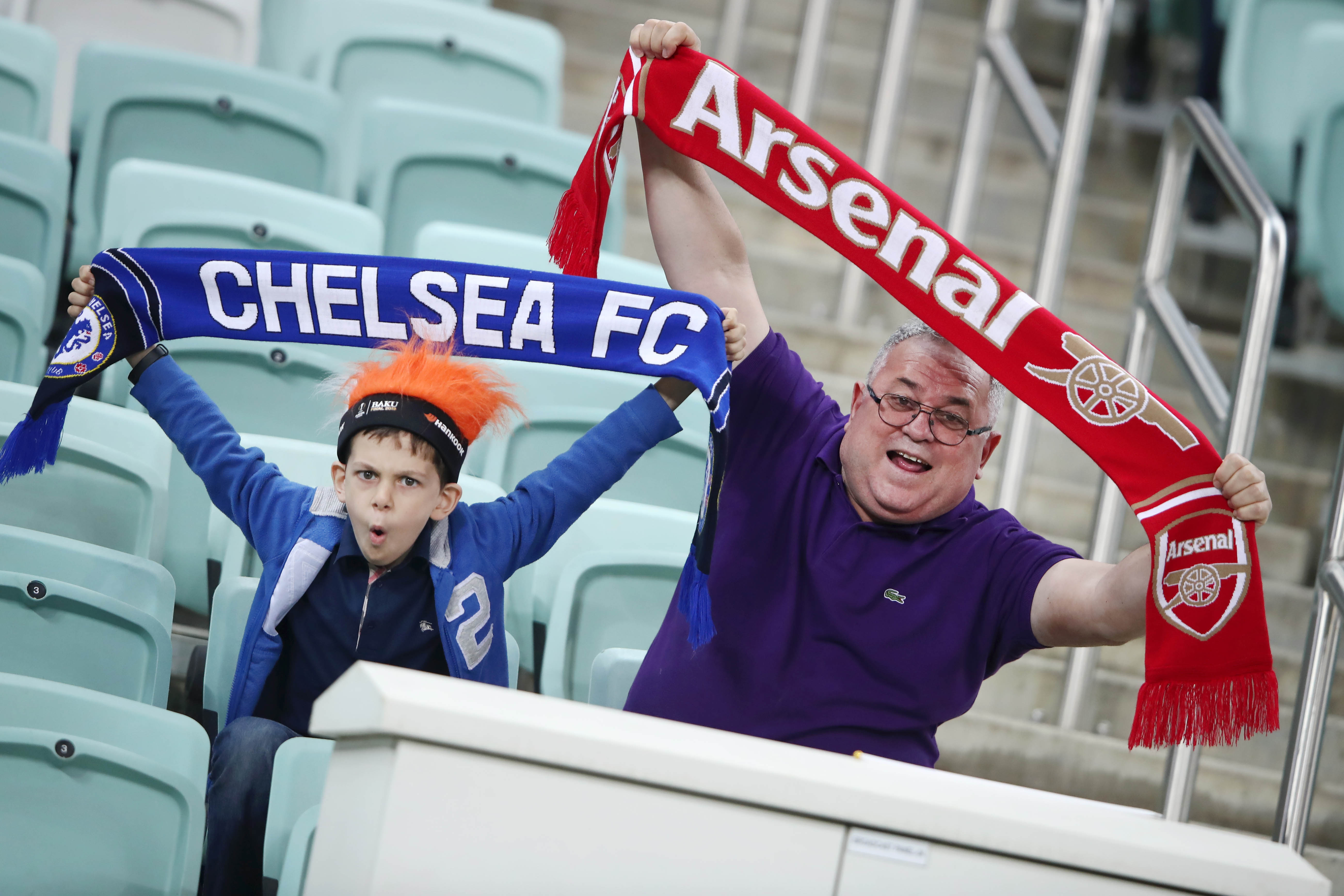There have been many reasons cited for Spain’s World Cup success – the unrivaled brand of football, the unity of a star-studded squad of players, the insights and experience of Vicente del Bosque, and St. Iker’s sensational goalkeeping. However, there is one major reason that is being overlooked. No, it’s not Octopus Paul.
While the likes of Argentina, Brazil and Netherlands breezed through the group stages, the Spanish were made to work hard. When the other top nations were rejoicing in the sweetness of their early success, Spain were experiencing the bitter after-taste of defeat. In fact, Argentina and Brazil hadn’t trailed in a match, till they finally did for the first time in the quarter-finals.
What was the result? Diego Maradona’s managerial and situation-handling abilities were exposed, and Argentina ended up being battered by Germany. On the other hand, Brazil’s Felipe Melo lost his head as soon as his team went behind, and Dunga’s Brazil failed to recover from the deficit.
The situation might have been very different, had the likes of Nigeria, Korea and Greece put up a better challenge in front of Maradona’s men, or if the group of death had actually lived up to its name and tested Brazil to the maximum.
It’s always better to fail in your initial quizzes than your final exams! Which is why the Spanish owe the Swiss a little chunk of their prize money.
In hindsight, the best thing that happened to the high-flying Spanish team was their opening game defeat to Switzerland. It was a perfect wake-up call and a timely eye-opener. It may have been a major hiccup, but unlike Brazil and Argentina, it was not a fatal blow.
 A humbling experience, first up!
A humbling experience, first up!
Ottmar Hitzfeld’s Switzerland were tactically sound. In a way, they perfected the ‘smash and grab’ policy of an away side – soak up all the pressure and hit the opponent hard, with plenty of numbers dashing forward. Far from being the prettiest team to watch, the Swiss were very effective.
They stifled Spain’s attacks and reduced them to long-range shooting. Although the Swiss were defensively brilliant in closing down the Spanish midfield, Spain’s awful attacking played a major role in the match. They were too narrow and lacked width. David Villa was isolated up-front, and became desperate for more support. The introduction of Torres did not change the game either; it only resulted in an even more narrow, overcrowded attacking approach.
However, even after such a display, the Spanish could have easily won the match, and all would have been forgotten. But thanks to the Swiss, they did not. Not only did Switzerland stop Spain from scoring, they also managed to counter-attack, exposing the weak Spanish defense and scoring a winner.
This forced a stunned Spanish contingent to find that discarded drawing board, the use of which was not anticipated before the knockout stages. They had lost a match in which they had dominated possession, but failed miserably in creating clear-cut goalscoring chances, and naively ended up conceding on the break. That day, the European champions from Spain were firmly grounded.
With such a result, the time for early reforms beckoned.
Del Bosque’s midfield became more intelligent in its approach, becoming both cautious and patient. Their play was also characterized by a lot of variation – through the middle to Villa, on the wings with Iniesta or Pedro, the overlapping runs of Ramos, and the occasional introduction of Fabregas to cement their midfield supremacy.
Vicente del BOSS!
More importantly, the Spanish dug-in deep, and became masters at grinding out results. The scoreline that became synonymous with Greece in Euro 2004, belonged to Spain this time around, although there was a vast contrast in the way they approached the game. As Luis Aragones pointed out, “After the 2006 World Cup, Spain decided to keep possession, and haven’t let go of it ever since!”. The Switzerland game gave Spain an early introduction to the unpredictability of the tournament, the toughness of the opponents and the need for extra-focus.
While the world contemplated a World Cup without Spain after the Swiss defeat, little did they know that it provided the Spanish Armada the perfect early tonic before they embarked on a mission to conquer the world. And less than a month later, conquer they did!






